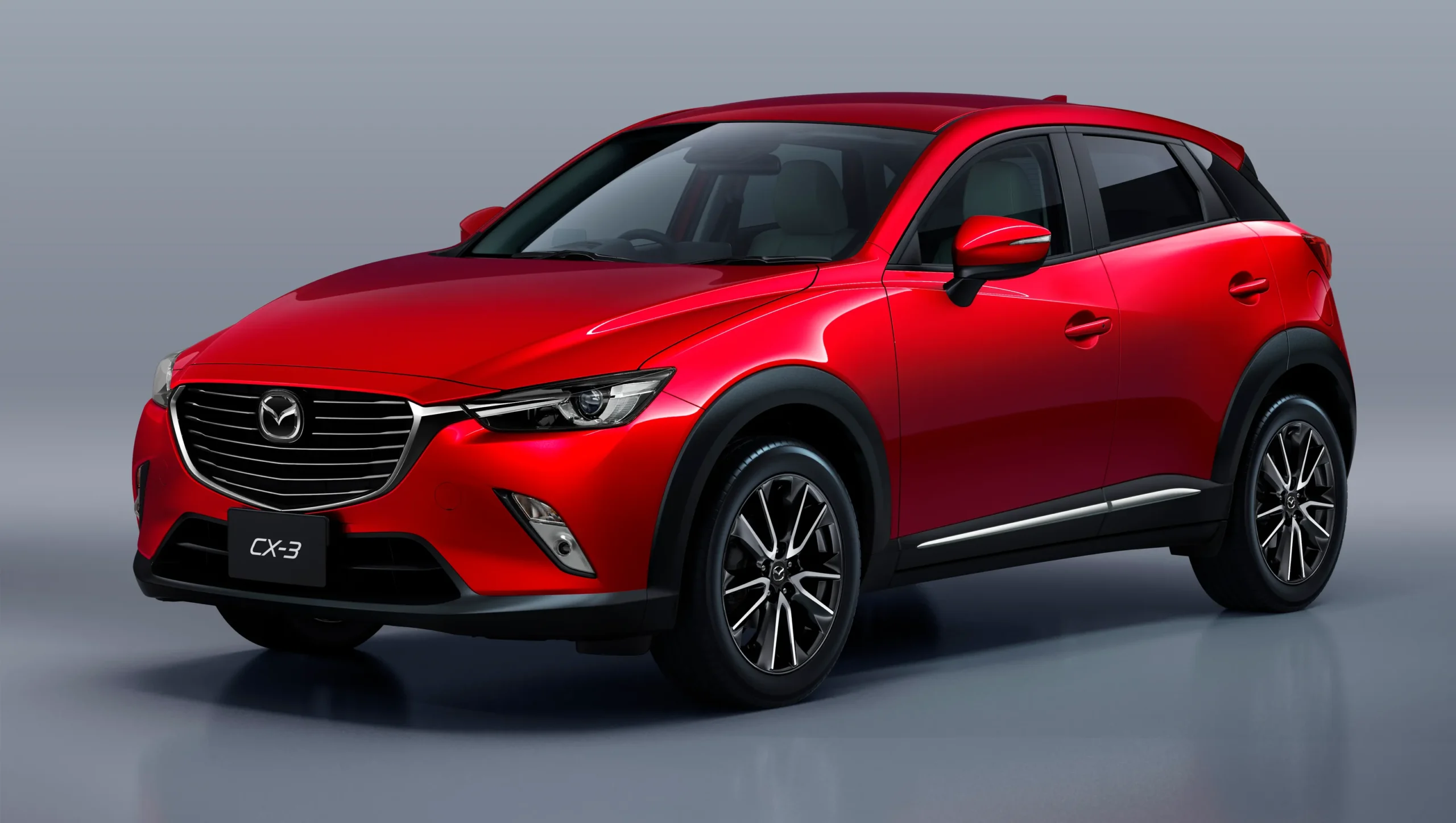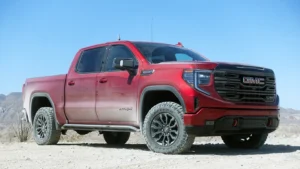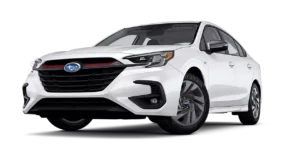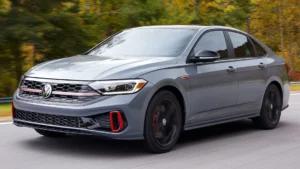Japanese automakers have long been pioneers in creating compact cars that combine efficiency, practicality, and innovative design. As cities grow more crowded and parking spaces become scarce, small cars offer a perfect solution for urban commuters and those seeking a reliable vehicle for everyday use.
These cars are not just about size—they pack an impressive array of features, from fuel efficiency to advanced technology, while being easy to maneuver in tight spaces.
In this blog, we’ll explore some of the smallest Japanese cars, highlighting their unique characteristics, advantages, and the thoughtfulness behind their design.
From microcars and kei cars to subcompact options, these vehicles showcase Japan’s engineering brilliance and commitment to meeting diverse driving needs. Whether you’re considering one for its practicality or its quirky charm, this guide will offer a comprehensive look at the best tiny vehicles from Japanese manufacturers.
Why Choose a Compact Car?
Before diving into the models, it’s important to understand why small cars are so appealing:
- Maneuverability: Their compact size makes them ideal for navigating narrow streets and crowded urban areas.
- Fuel Efficiency: Smaller engines often mean better mileage, saving money and reducing environmental impact.
- Affordability: Compact cars generally cost less to buy and maintain.
- Innovative Design: Despite their size, many come equipped with advanced safety and entertainment features.
Kei Cars: Japan’s Specialty
Kei cars are a unique category in Japan, regulated to be under a certain size and engine capacity to enjoy tax benefits. These cars are an essential part of Japanese urban life and often come with distinct designs.
1. Suzuki Alto
The Suzuki Alto has been a staple in the kei car market since its introduction in 1979.
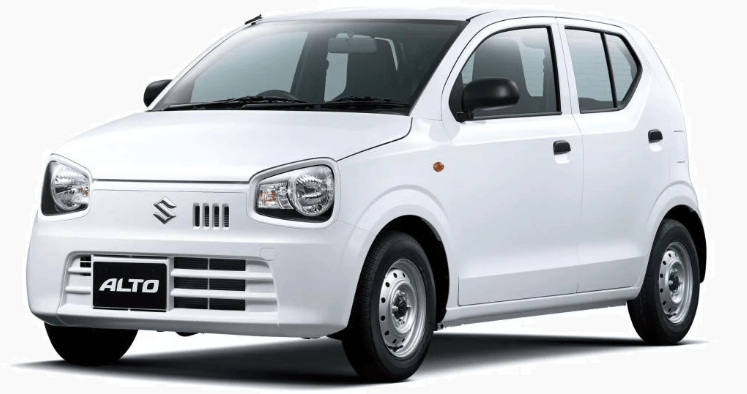
- Dimensions: Compact but spacious enough for four passengers.
- Engine: 660cc engine optimized for urban commutes.
- Standout Feature: Excellent fuel efficiency and affordability.
2. Daihatsu Mira
Another kei car icon, the Daihatsu Mira, is known for its reliability and efficient performance.

- Design: Minimalist but functional.
- Fuel Economy: One of the best in its class.
Subcompact Cars: Bridging Utility and Style
Subcompact cars are slightly larger than kei cars but still prioritize compact dimensions. They are globally popular due to their blend of practicality and comfort.
3. Honda Fit (Honda Jazz)
The Honda Fit is a versatile hatchback that maximizes interior space with its clever “Magic Seat” design.
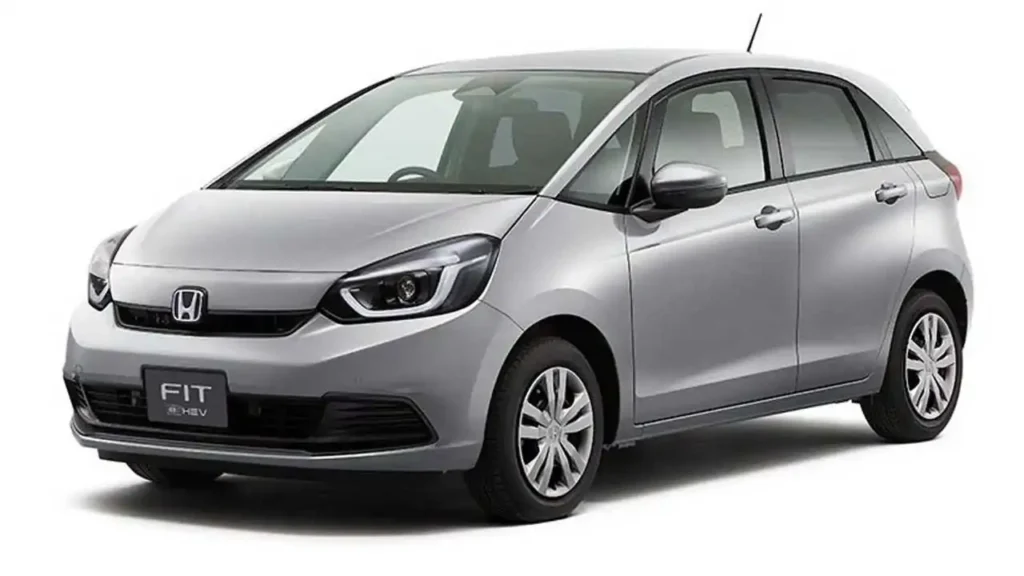
- Interior Space: Surprisingly roomy for a car of its size.
- Efficiency: A hybrid version offers additional fuel savings.
- Technology: Equipped with advanced safety and entertainment systems.
4. Toyota Yaris
The Toyota Yaris is a global favorite for its dependability and smooth driving experience.
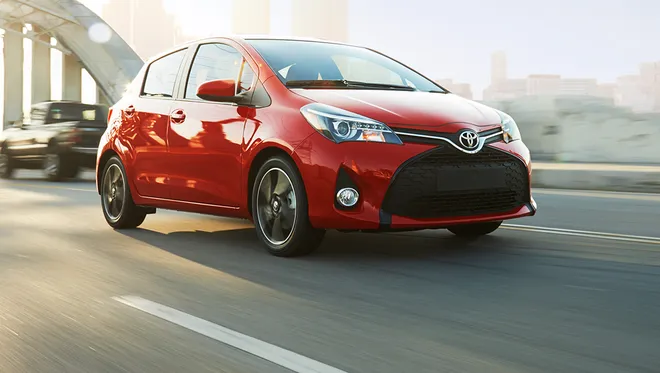
- Hybrid Option: Offers excellent mileage with lower emissions.
- Compact Dimensions: Perfect for city use while offering good trunk space.
Iconic Small Cars from Japan
Some small Japanese cars have gained legendary status due to their unique design and functionality.
5. Nissan Figaro
This retro-inspired microcar from the 1990s remains a collector’s dream.
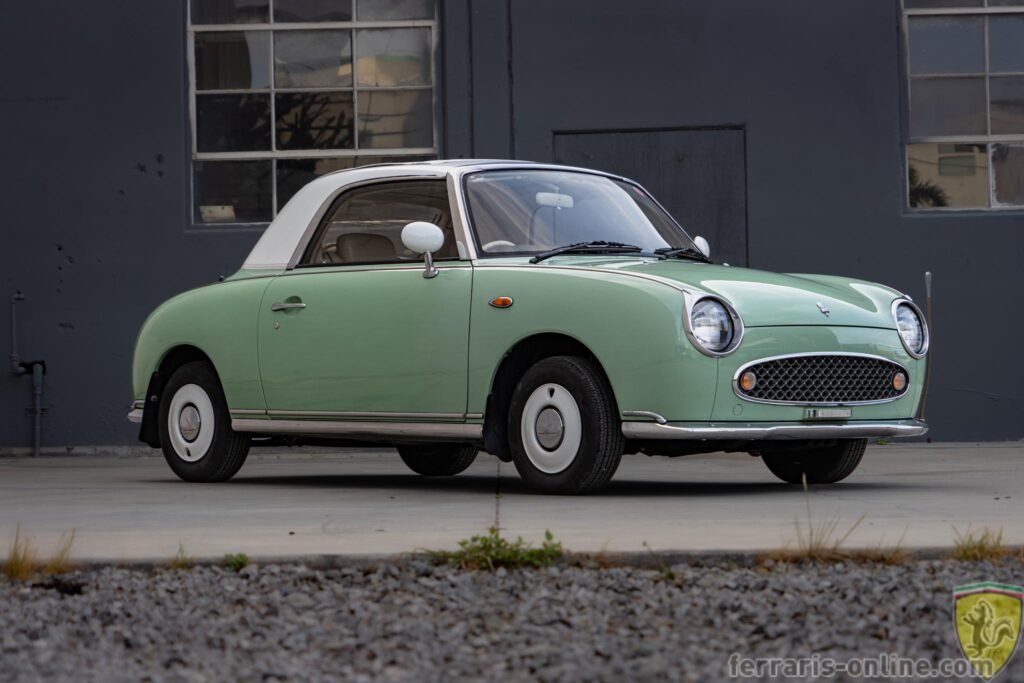
- Aesthetic Appeal: Its vintage styling is unmatched.
- Performance: A small but capable engine for urban and suburban drives.
6. Suzuki Cappuccino
A tiny sports car with a cult following.
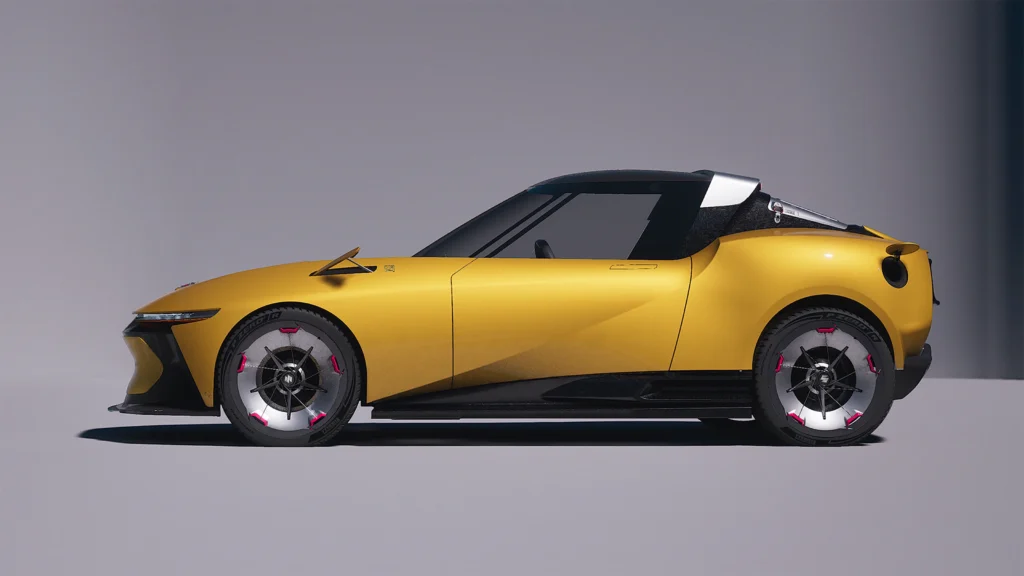
- Convertible: A rare feature for a car of this size.
- Engine: Turbocharged for spirited performance despite its diminutive proportions.
Electric and Hybrid Options
With growing concerns about the environment, Japanese manufacturers are incorporating electric and hybrid technologies into their compact vehicles.
7. Nissan Leaf (Compact Version)
The Leaf is known for its environmental credentials and practicality.
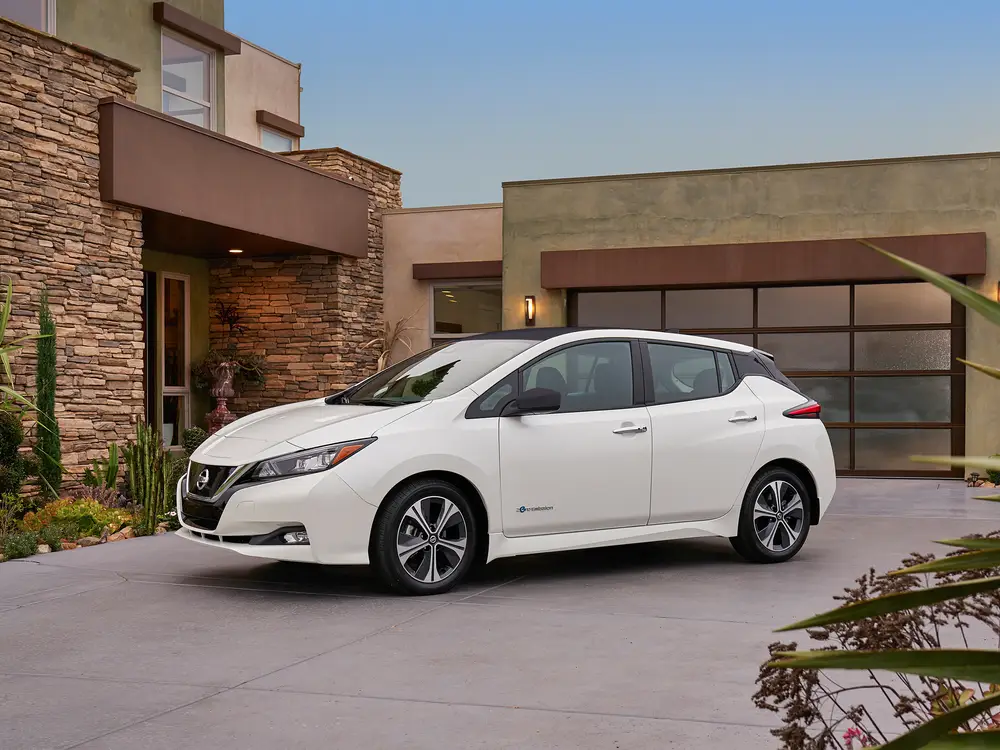
- Zero Emissions: Fully electric with a reasonable range for city commutes.
- Compact Size: Easy to park and maneuver.
8. Toyota Aqua (Prius C)
The Aqua, a hybrid hatchback, combines efficiency with Toyota’s renowned reliability.
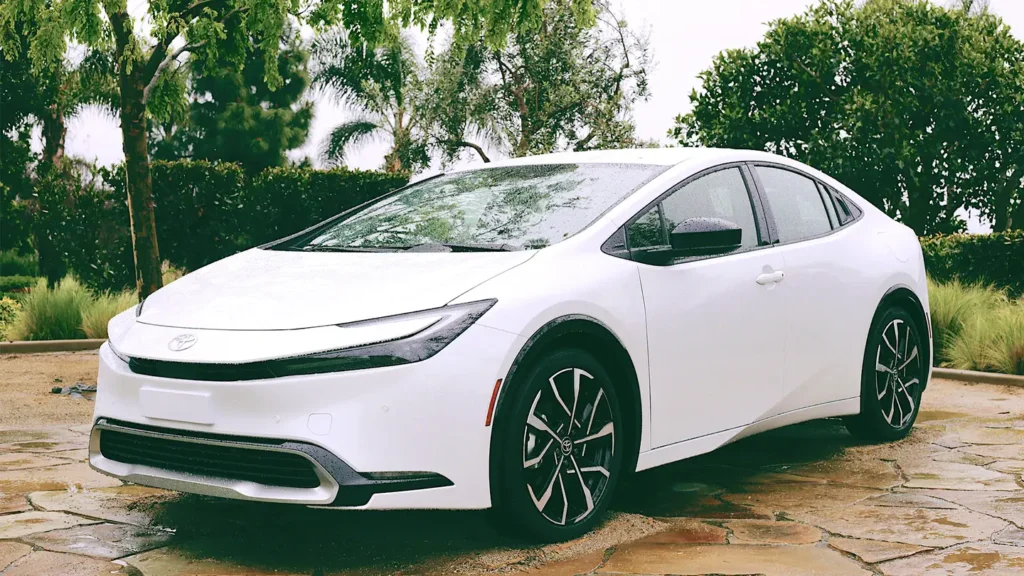
- Hybrid Technology: Excellent fuel economy.
- Design: Sleek and modern.
Small SUVs: Compact Yet Capable
Japanese automakers have also ventured into compact SUVs, offering higher seating positions and rugged designs while maintaining a small footprint.
9. Suzuki Jimny
The Suzuki Jimny is a compact off-roader with a loyal fanbase.
- Design: Boxy and rugged, yet small enough for urban streets.
- Performance: Capable of handling challenging terrains.
10. Mazda CX-3
The Mazda CX-3 offers the comfort and technology of a larger SUV in a smaller package.
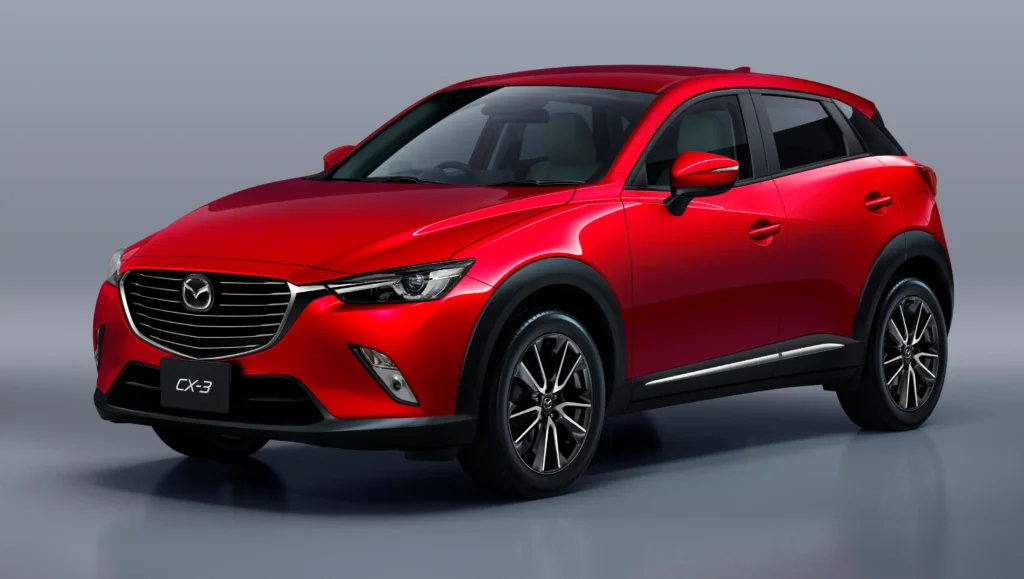
- Interior Quality: Premium materials for a refined feel.
- Drive Dynamics: Sporty yet efficient.
Tips for Choosing the Right Small Car
- Purpose: Determine whether you need a car for city driving, long commutes, or occasional trips.
- Budget: Consider not just the upfront cost but maintenance and fuel expenses.
- Features: Look for safety, connectivity, and comfort features that suit your needs.
- Test Drive: A test drive can help you assess the car’s handling and comfort.
Conclusion
Small Japanese cars have earned a reputation for blending practicality, efficiency, and innovation in a compact form. Whether it’s a kei car, a subcompact, or a tiny SUV, these vehicles demonstrate that you don’t need size to achieve greatness. From city-friendly dimensions to eco-conscious technologies, they cater to a wide range of needs while reflecting the ingenuity of Japanese automotive engineering. By understanding their unique features and benefits, you can find the perfect small car that fits seamlessly into your lifestyle.

